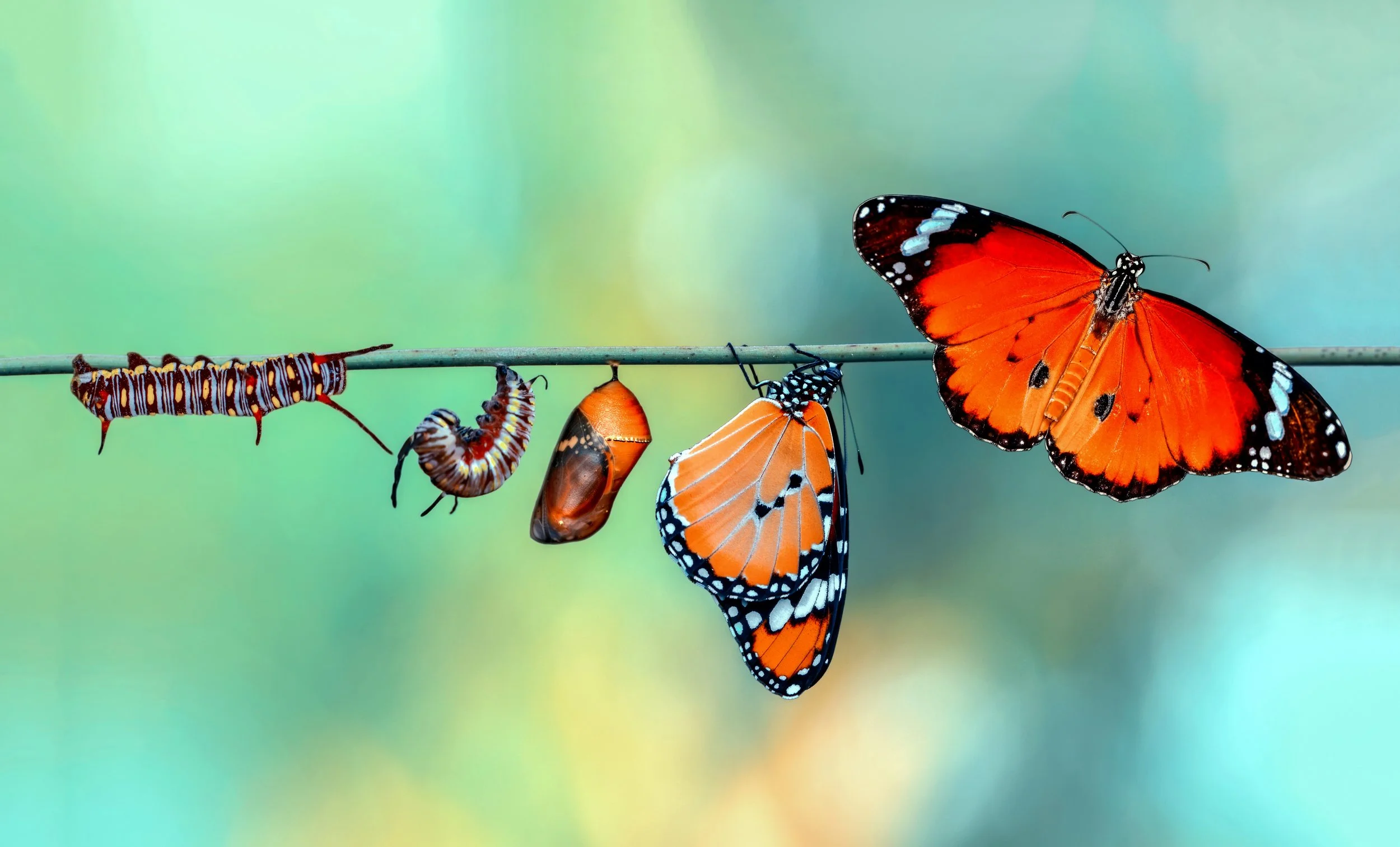How social norms impact autistic and neurodivergent people
Helping autistic people feel confident in social interactions is critical to their mental and physical health. Our curriculum is peer-tested and confirmed to be effective social skills education. But it’s our ability to show up as real-life human beings who can relate and empathize which enhances our efficacy.
The feedback we get from our students and their families validates this. As professional clinicians this is always satisfying. As neurodiverse people, it’s especially heartwarming. For example, last week, we graduated our fifth young adult cohort. A class of autistic people aged 17–22 and their parents gave us feedback that made us cry with joy.
“This group feels like family—because family isn’t always people related to you by blood.”
It feels wonderful to be among people with whom you share a neurotype, being in a place where you can feel safe and supported. This place of belonging, shared with others who want to learn what you're learning, to learn the social skills of starting, cultivating, and maintaining relationships.
“I’m not letting this group go — I’m not letting any of you go!”
This statement came from a trans young adult. They are well-informed of the neurodiversity movement and are deeply suspicious of neurotypical people and social norms. Here in our classes, they found community, trust, belonging, and skills.
The blessings and banes of being autistic
Autistic people perceive social norms differently than neurotypicals. We do not grasp them by osmosis, because they often make no sense. We cannot pretend that society is alright. We can have intense emotions and strong judgments. As a result, we are often misunderstood.
At the same time, we are often better than the neuromajority at handling new concepts and perspectives. Given time to process unfamiliar information, we're more understanding of others' mistakes.
It’s hard for us to find each other, given that we’re the neurominority. We're accustomed to being ignored, overlooked, mistreated, and rejected. We know the pain of social rejection, and as a result, most of us don’t want to inflict that on someone else.
To be treated in this way is traumatic, because we are human, and humans are social. Social ridicule makes us retreat, discouraging us from putting ourselves out there again. Recent studies on the high rate of suicide among autistics shows that autistic lives are at risk.
Yet, even as we face difficulty being accepted, we tend to empathize with each other’s social missteps. We tend to make loyal and reliable friends, have an excellent work ethic, and an artistic bent, among many other strengths. In a world that shames and shuns anyone who isn't 'normal', this is essential for our health and wellbeing.
The needs of autistic people
Autistic people need effective communication. We need others to be direct and state their needs or the job requirements simply. When we encounter innuendo, intimations, or passive-aggression, we don’t get it. We don’t want to be in spaces where we have to be a certain kind of person to get love, to be seen as worthy and valuable. We don't want to have to mask our differences.
We know that those in the neuro majority have little to no understanding of those in the neuro minority. They typically have no desire to use an empathy lens towards those whose brains work differently. Neurotypical folks rarely even extend curiosity toward us.
Instead, the desire is to change the autistic person into a neurotypical person. This is not possible. Further, those in the neuromajority tend to see us as a threat to the social order. They believe that it’s best to ignore even simple and appropriate accommodations.
Because we are so few in number, we are unlikely to easily find other autistic people. Yet it is our neurokin who validate our experiences. We confirm for each other that our lives and ways of being are intrinsically valuable - we are here. We are meant to be here.
Different, not broken
Autistic people are not defective; there’s nothing wrong with us. We want to be in community with other neurodivergent people, in a safe space, to cultivate relationships. We also want to be able to navigate the social world at large the best we can.
To be in the world, but not of it, takes skills — both social skills and interoceptive skills. We need to develop the ability to discern with whom, where, and what social skills to use in different environments. Tuning into our body's wisdom through interoception, we need to learn to discern who might have the characteristics of a good friend.
In a community of like minds and compatable neurotypes, we learn to trust ourselves and our instincts. We learn to turn away from those who don’t see us as worthy. When we encounter bigoted, judgemental people who see us as defective, we turn towards those who support us.
We cultivate friendships with people who share our passions and get our sense of humor. We make friends who understand our fervor for social justice. Friends who make space for us in their lives.
Once we've established healthy, supportive friendships, we learn skills to strengthen those relationships. These social skills can help us in any environment, with any neurotype, and they are best learned and practiced in a community of neurokin.

